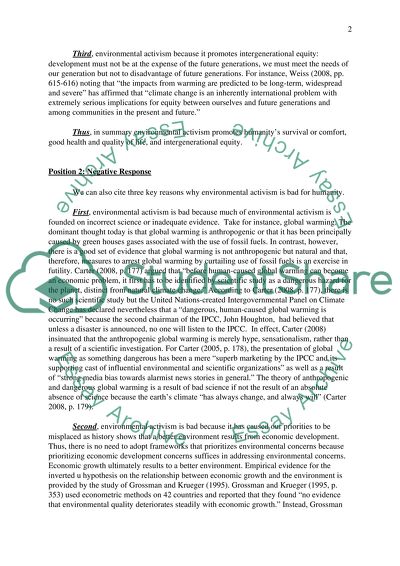Cite this document
(Air Pollution Under the United States Clean Air Act Essay Example | Topics and Well Written Essays - 1750 words, n.d.)
Air Pollution Under the United States Clean Air Act Essay Example | Topics and Well Written Essays - 1750 words. https://studentshare.org/environmental-studies/1436454-air-pollution-under-the-united-states-clean-air-act
Air Pollution Under the United States Clean Air Act Essay Example | Topics and Well Written Essays - 1750 words. https://studentshare.org/environmental-studies/1436454-air-pollution-under-the-united-states-clean-air-act
(Air Pollution Under the United States Clean Air Act Essay Example | Topics and Well Written Essays - 1750 Words)
Air Pollution Under the United States Clean Air Act Essay Example | Topics and Well Written Essays - 1750 Words. https://studentshare.org/environmental-studies/1436454-air-pollution-under-the-united-states-clean-air-act.
Air Pollution Under the United States Clean Air Act Essay Example | Topics and Well Written Essays - 1750 Words. https://studentshare.org/environmental-studies/1436454-air-pollution-under-the-united-states-clean-air-act.
“Air Pollution Under the United States Clean Air Act Essay Example | Topics and Well Written Essays - 1750 Words”. https://studentshare.org/environmental-studies/1436454-air-pollution-under-the-united-states-clean-air-act.


